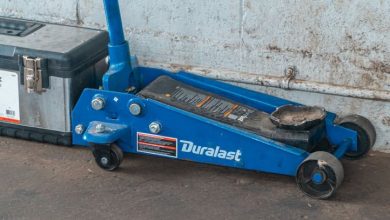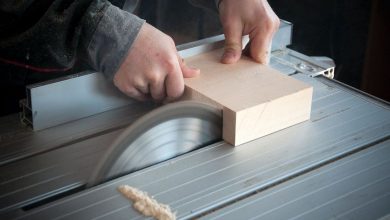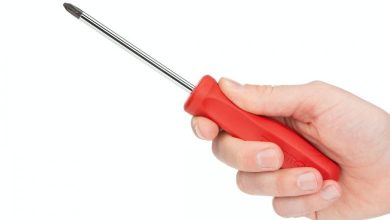How to Unblock a Drain With Natural Products
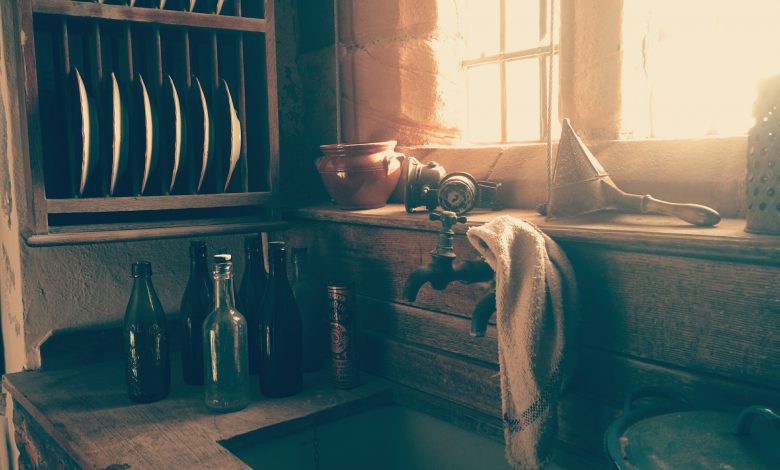
Clogged drains are a fairly common plumbing problem.
It’s really annoying when you flush the toilet, and it starts to overflow instead of draining, or when you’re washing dishes in the kitchen, and the sink gets clogged. These are situations that create inconvenience and tension in everyday life.
Of course, there are also cases where a clogged drain requires professional treatment with special tools, as sometimes the problem could be more serious. But there are milder blockages you can try to deal with on your own using natural remedies at home.
So, here are a couple of ways how to unblock a drain with natural products.
Common Causes of Drain Blockage
Drains are prone to blockages, leading to unpleasant situations and issues – from bad smells to plumbing damage.
It’s important to keep your drains in ‘’healthy’’ condition to prevent blockages and to allow their efficient operation. There are some common causes of drain blockages.
For example, drains get blocked by hair, especially the shower and bath drains. When combined with shower gel, soap, or soap scum, it can easily build a full drain blockage.
Dirt is also responsible for blocking drains in the kitchen or if you’re washing muddy feet in the shower. Dust, mud, and other particles can easily fall into the drains and create a blockage.
The kitchen sink’s drain usually ‘’suffers’’ from food blockages. While the toilet’s drain usually gets blocked by toilet paper or wet wipes. Mineral build-ups are other common causes of drain blockages in hard water areas.
Tools and Precautions
There are definitely safer and equally effective ways to unblock a drain without chemicals.
A plunger is a tool you surely need in your household as it can not only help you with the toilet but can also unblock any other drain in your home. Just remember to use different plungers for the toilet and the other drains in your household.
To take care of a blockage with a plunger, you’ll need to remove the drain’s cover or plug, place it over the drain, and start pumping it up and down. It usually takes around a minute to get the job done.
Another household tool you can use for clogged drains is a wire hanger. By straightening it into a long wire, you can stick its hook end down the drain, wiggle it around, and slowly pull it out.
Repeat the step a couple of times until the drain is unblocked. Perform this method carefully because if you use too much force, you can push the clog deeper and make the problem even worse.
You can get a drain snake if the wire hanger doesn’t help. This tool is specifically designed for drain unblocking and is used by expert plumbers.
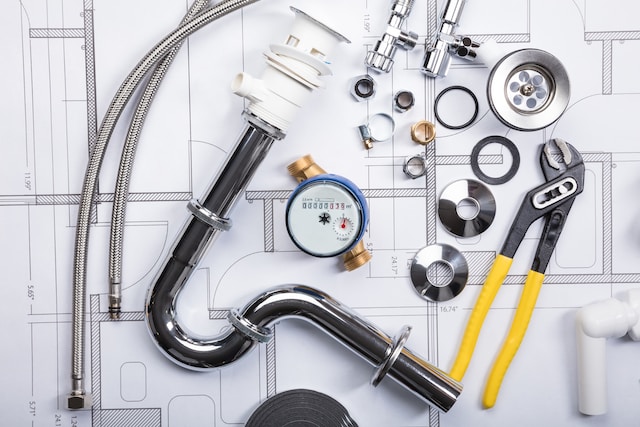
If you know how to use one, getting the job done will be very easy. Simply put the drain snake inside the drain and keep cranking it until you feel resistance.
Start rotating until you feel the drain snake has broken through the blockage. Then, rotate it in the opposite direction to pull it out. The last step is to run hot water to flush what’s left of the clog.
Natural Products for Drain Unblocking
There are natural alternatives that you can “reach for” to unclog a clogged drain. There are many reasons to choose these methods, and you will spend less money, achieving the same result.
Moreover, the risks are less, and the methods are just as effective. The reality is that you can have clear drains without using harsh chemicals. And this is especially important if you have small children or pets.
You can try these surprisingly simple home remedies for blocked drains:
- Baking Soda and Vinegar Method. The combination of vinegar and baking soda gives great results in cleaning drains. The most common clogs in kitchen drains are grease and food waste, and in bathroom drains, hair and soap residue cause blockages. Soda and vinegar, which are found in every kitchen cabinet, come to the rescue here. Their mixing causes a reaction that removes much of the dirt accumulated in the drain. Additionally, baking soda also has disinfecting properties that fight odour-causing bacteria and fungi. You will need 1/2 cup of baking soda and 1 cup of vinegar. Let the mixture stay for 30 minutes, then pour 2 litres of boiling water down the drain.
- Salt and Hot Water Method. Salt is known for its decomposing properties, especially if used in large quantities. That is why its use is suitable for a blocked drain. For this method, you need to pour 1/2 teacup of salt into a pot with 4 litres of water. Stir well and put the pot on the stove. Heat the water to almost boiling, but do not let it boil. Pour the water into the blocked drain. After completing this step, the issue should be gone.
- Enzyme Cleaners. They are eco-friendly cleaning products with living bacteria, producing enzymes that can unblock organic build-up in any plumbing system. Enzyme cleaners are great solutions to clogged drains, and they’re very efficient. Unlike harsh chemicals, these natural drain cleaners are safe for your plumbing system, children, and pets, and last but not least – the environment. The enzymes will easily break down complex organic molecules into ones the bacteria can eat.
- Baking Soda and Salt Solution. For this method, you will need half a teacup of salt and half a teacup of baking soda. Pour this mixture into the blocked drain. Let it sit for at least 30 minutes. Next, pour about 2 litres of boiling water down the drain. Run some cool water to wash off the remaining deposits.
- Boiling Water Method. One of the oldest and most successful methods of unclogging a drain is boiling water. It may sound simple, but it works quickly and efficiently. For this purpose, you will need about 2 litres of boiling water to pour into the clogged drain. Depending on the extent of the clog, you may need more boiling water. Pour until you notice that the clogged drain begins to drain freely.
Prevention Tips for Maintaining Clear Drains
Of course, preventing blockages is always better than dealing with them. It is recommended that the drains are cleaned as a preventive measure every 1-2 weeks to avoid possible blockages.
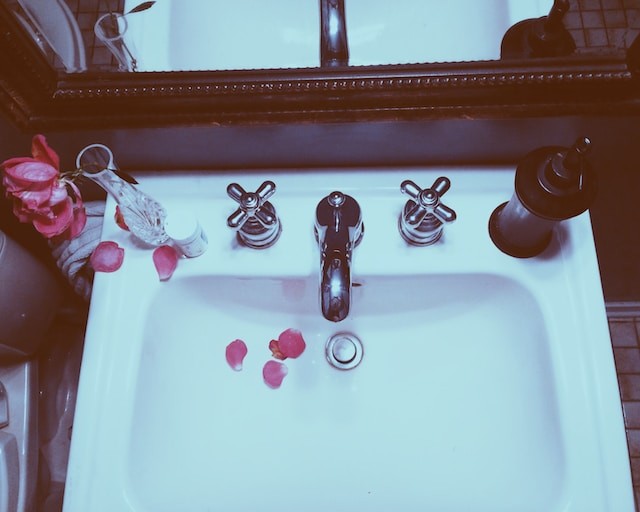
Coffee grounds can also be used to prevent debris from building up in the pipes. A handful of the coffee grounds is poured, then a strong stream of boiling water is run down the drain. Not only will your drain be then clean, but it won’t smell bad either.
You can also prepare a homemade mixture for preventive maintenance of the cleanliness of the pipes. In a tight-fitting container, such as a large jar, mix a cup of salt, a cup of baking soda, and a quarter cup of tartaric acid.
Periodically pour the mixture into the drain and then pour boiling water. After a few minutes, you can also run cold water to wash away the remaining debris.
Conclusion
As you’ve learned, there are many reasons why your drains are clogged, but there are also very effective natural ways to deal with this problem.
Avoiding the usage of harsh chemicals is always a great idea, especially when you can protect your family and pets from them.
Keeping your drains clean is essential to maintain water flowing seamlessly and avoiding overflows. But if your drains are still blocked after trying the methods above, you’ll need to use expert plumbing services to help you solve this problem.

